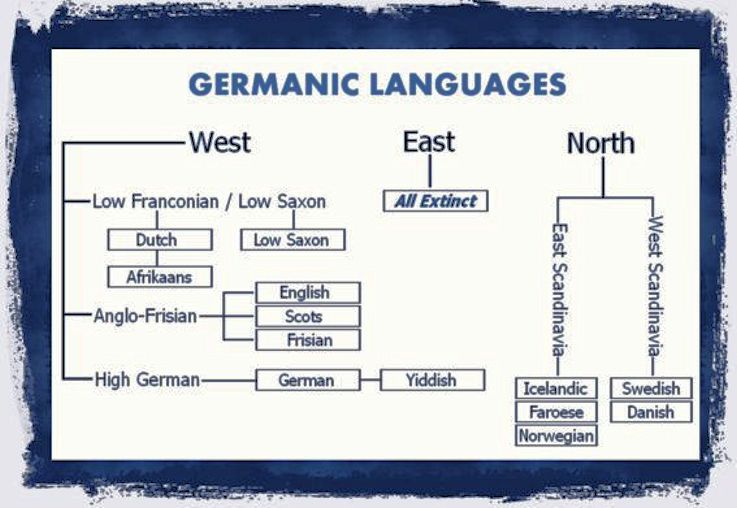
A Brief History of the English Language with a free Pdf file summary that you can download
It was about the fifth century CE that the Angles and the Saxons settled in Britain. It is their language that was the foundation of all variants of modern English. Their language thrived and developed, it became the language of common people and scholars, kings and shepherds. English was the English of Wessex, of King Alfred and his court. That one dialect was the language of people of culture. Until 1066.
Following the death of Edward the Confessor, a challenge arose between Harold Godwinson and William of Normandy. Each claimed a right to the throne of England. While Harold was away north fighting Harold Hardrada’s invading army, William landed his forces on the south coast, near Hastings.
Harold’s men, after defeating the Norsemen, made a forced march south and confronted the Normans. In the ensuing battle, Harold’s men were getting the best of it until they broke ranks to pursue a group of fleeing Normans. William took advantage of that brief indiscipline and broke defender’s ranks. The rest, as they say, is history.
Norman England
The Normans imposed their language on the whole country. Before long there was no opportunity for advancement for anyone who didn’t speak Norman French. French was taught in the schools, not as a foreign language, but as a national language. English became mostly the language of the uneducated classes, with few exceptions. Robert of Gloucester, writing in 1298, suggested that children should be taught French from the time that they are rocked in the cradle…
Apart from the grammar of Sanskrit, for many centuries the most widely studied grammar has been the grammar of English. This scientific study has its foundations in the grammaras-art of the Greeks and the Romans. For many centuries there was no study of the grammar of English, hence there were no rules to teach in the schools.
The early grammar schools were schools of Latin grammar. Before a grammar can be used to stabilise a language, the language must be stable and universal enough to warrant study by grammarians. That initial stability comes, not from formal teaching but from the popularity of storytellers and their styles. This mechanism is clearly shown in the history of the English language …
A Brief History of the English Language. (Pdf file)

